|
When I became a vegan in 1992, healthy food selections on the South Side of Chicago were very limited. Burger King and White Castle hadn't dared to add any menu items. Veganism was definitely thought of as odd and off the beaten "Where's the beef" commercial path. Now I can drive 10 minutes to my favorite vegan Black-owned restaurant Majani Restaurant on the South side of Chicago. So, what is a Black Vegan you ask? A Black Vegan is someone of African heritage who exclusively eats plants. Milk, protein, and eggs are substituted with plant-based options. Almond, hazelnut, and oat are soaked and blended with water and sweetner to make a tasty milk alternative. Beans and wheat can be processed and prepared with sauces to mimic chicken, tuna, and steak. Flax and chia seed have the same properties as eggs to serve as a binder in many recipes. How to Be Black and VeganChanging your diet can be a dauting task. I always recommend to wade in the water before taking a deep dive. When I made the plunge, I wish I had followed this advice. Instead I stopped cold turkey and got sick because my body craved the meat that I ate at every meal. I suggest the following
Books on Black VeganismI was shook after reading an article on the treatment of animals in the meat industry. I remember thinking that it seemed selfish to eat a meal made from cruel treatment of another form of life. I hadn't even realized all the health benefits I would soon experience. My longtime eczema, and sinus allergies have all cleared up as a result. I haven't taken the practice to the point of not wearing leather, but I have stayed the dietary course and enjoyed the journey. As I prepared to write this blog, I reviewed one of our top selling books on being Black and Vegan called, "Afro-Vegan" by Bryant Terry. Though the copyright is 2014, the recipes will leave you ageless and timeless. Bryant Terry has taken the dietary campaign to another level by adding complementary music suggestions and reference literature to each recipe. As I read, and experimented, I felt a total immersion of the historical and cultural significance of this lifestyle choice. Terry started off with flavorings from Ethiopia. This is most appropriate as the birthplace of civilization. When I visited this beautiful country in 1998, I was surprised by the breadth of food options available to me as a vegan; and were they tasty. The berebere sauce Terry starts with has a long reputation for its heat and intense flavor. He then moves to soups and stews and garnishes with nutritional compliments such as cashews in his Creamy Coconut-Cashew Soup with Okra, Corn and Tomatoes. In this historic keepsake, Terry Bryant dazzles us with cultural insights alongside culinary delicacies. Vanilla spice bourbon/rum shake and cocoa-spice cake with crystallized ginger and coconut-chocolate Ganache (pictured right) will leave you asking yourself over and again, "is this really vegan?" Terry took the old time favorite sweet tea and added a culturally seasoned spike of tamarind which is a tangy-tart taste-bud tickler (pictured center). Using everyday indigenous African foods like mango and ginger instill a sense of pride in his "Amy Ashwood" Garvey recipe. Terry's recipes and added historical tidbits intertwine to give the reader political and social reasons to consider the dietary choice/lifestyle. Afterall, Africans have contributed to world cuisine and this book was written to highlight and pay tribute. Even a casual scan will not disappoint. I'm proud to add this book to my personal library and often refer to it to increase my skillset. Take it at your own pace. I wish you well on this journey...
For more suggestions on your journey to becoming a vegan, check out our category on it here Black Vegan. Nzingha Nommo is the author of this blog. She has been a vegan since 1992. Here's more info on her here: Comments are closed.
|
AUDIOBOOKSMERCHGIFTSjoin email listACADEMIC BOOKSblog Author/
|
- Store
- Blog
- AUDIO BOOKS
- EBOOKS
- SEARCH
- Welcome
- GoFundMe
- TUCC
- Events
- READING GUIDE
- AUTHOR INFORMATION
- ARTIST BIO/PRICE
- NNEDI OKORAFOR BOOKS
- PODCAST
- LARUE'S HAND IN CLAY
- About Us
- FREQUENTLY ASKED QUESTIONS
- BOOK FAIR /SCHOOLS / CLUBS
- Photo Gallery
- EJP BOOK DRIVE
- Videos
- Newsletter/Articles
- Archives
- External Links
- Afriware Statement on COVID-19
- GREATER LAKES
- Afriware Merchandise
- AFFILIATE INFO
- SEBRON GRANT ART DESIGNS
- Mother's Day Bundles
- CARTOON
- ROBOTS
- STEM
AFRIWARE BOOKS CO. A COMMUNITY BOOKSTORE SERVING:
|
|
Melrose Park, IL
|
|
,AFRIWARE BOOKS, CO,
1033 SOUTH BOULEVARD, OAK PARK, IL 60302 708-223-8081 ONLINE SUPPORT: Thurs-Fri. 4-6pm Sat. 12-2pm, IN PERSON EVENTS: afriwarebooks.com/events |
Want to try a great website builder, try Weebly at: https://www.weebly.com/r/9SAD4V

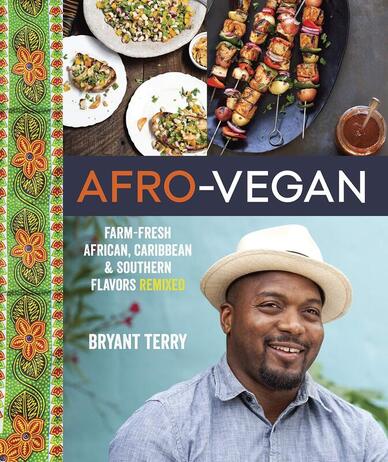
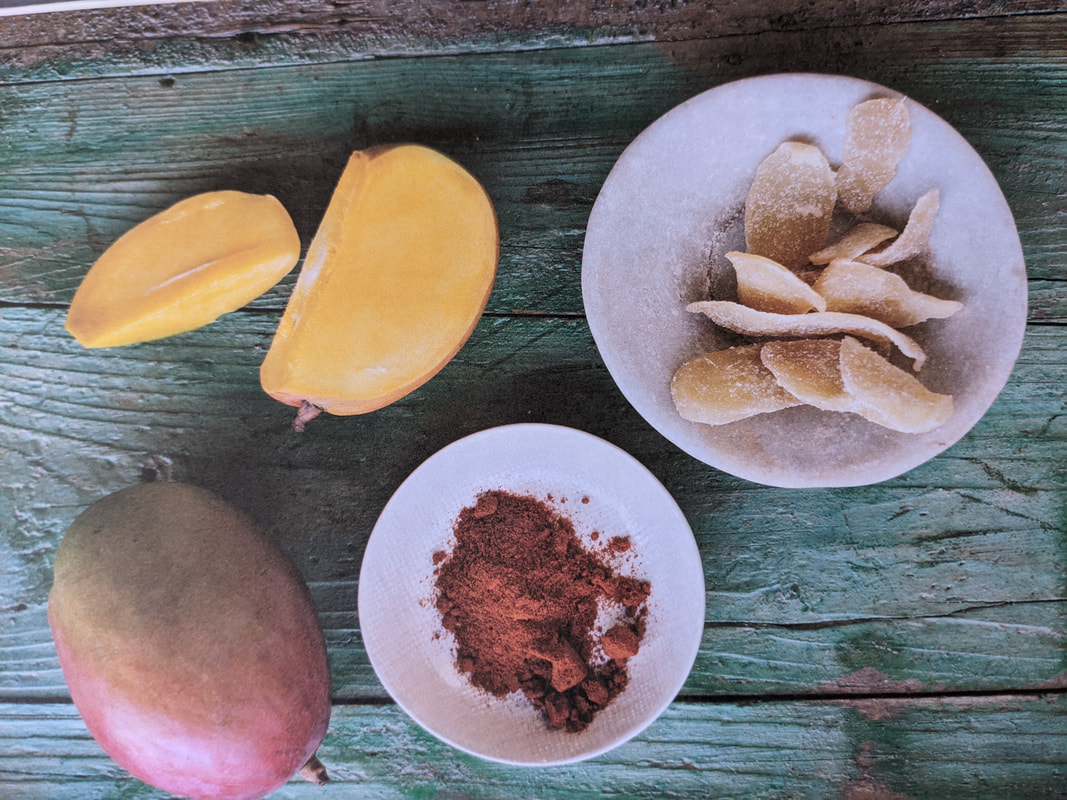
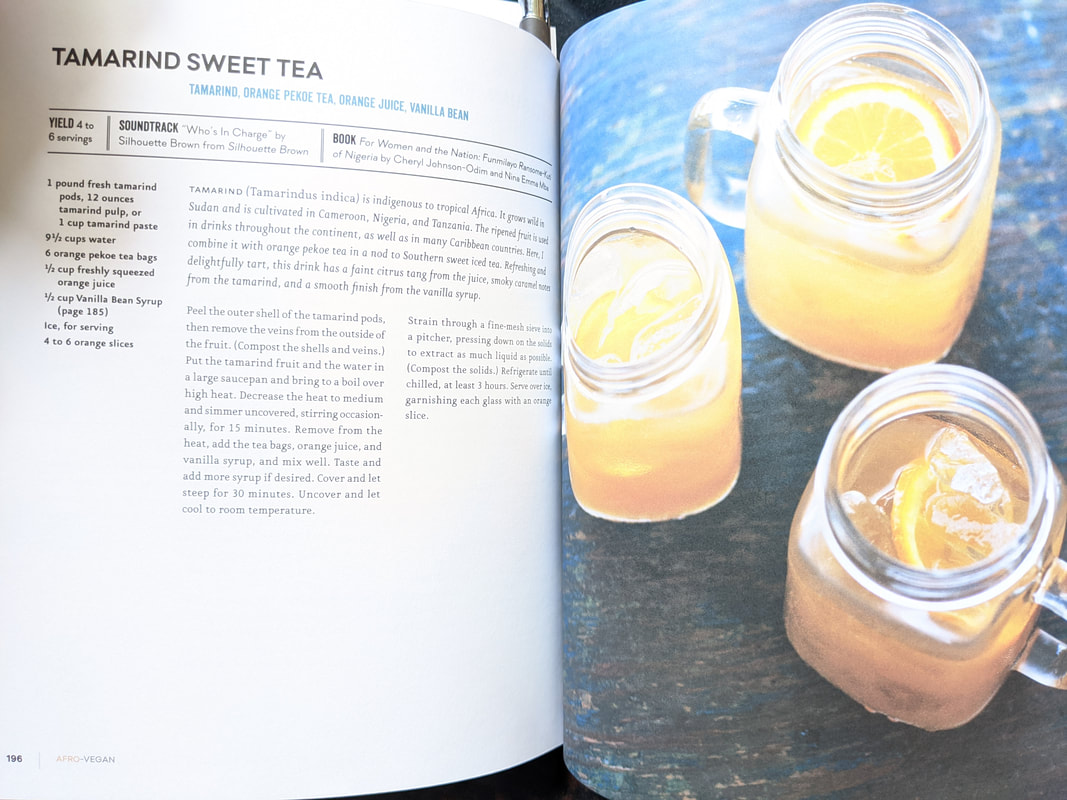
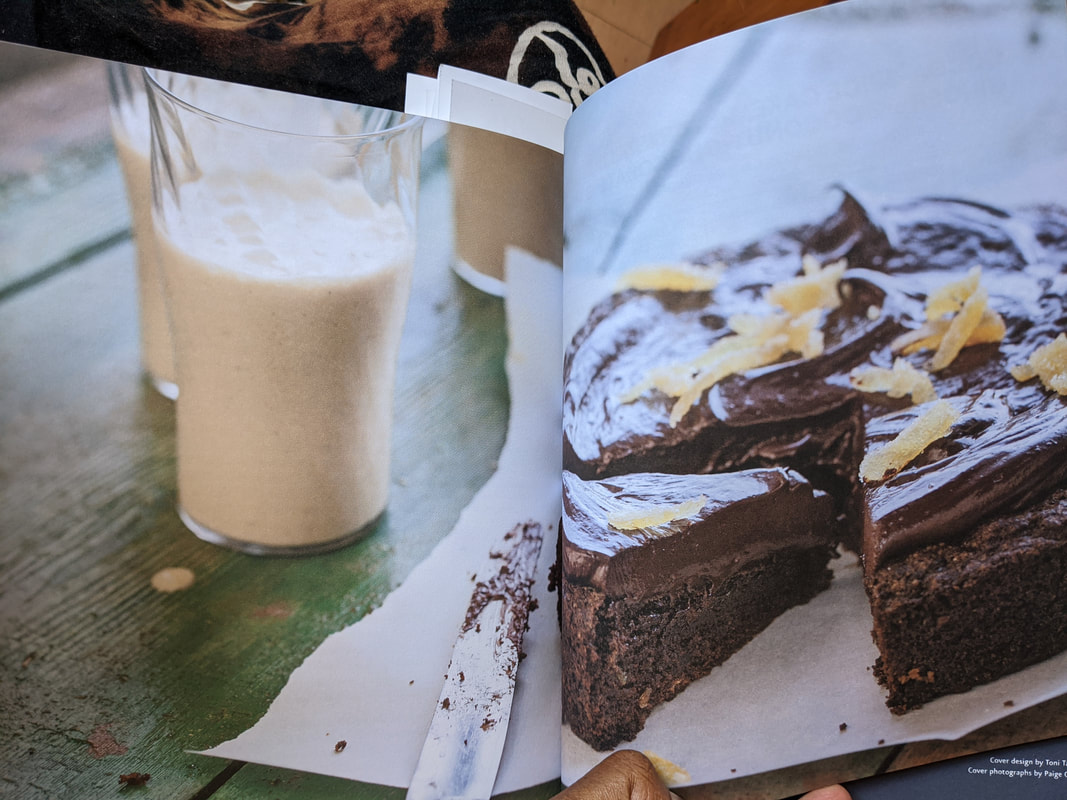
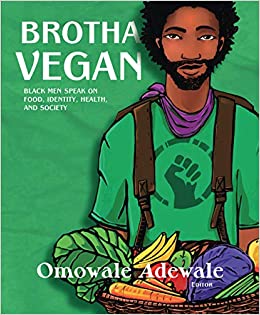
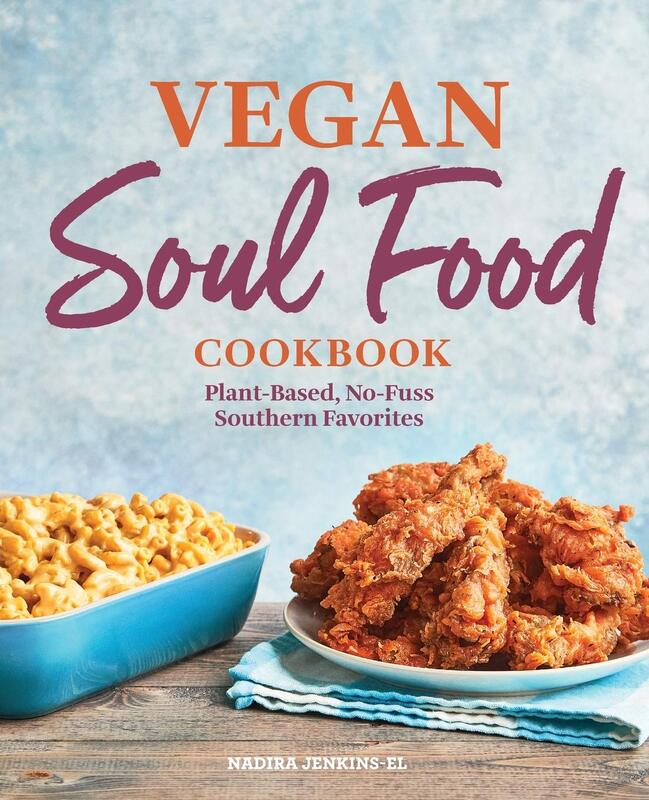
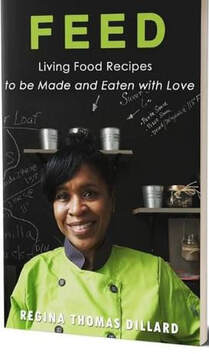
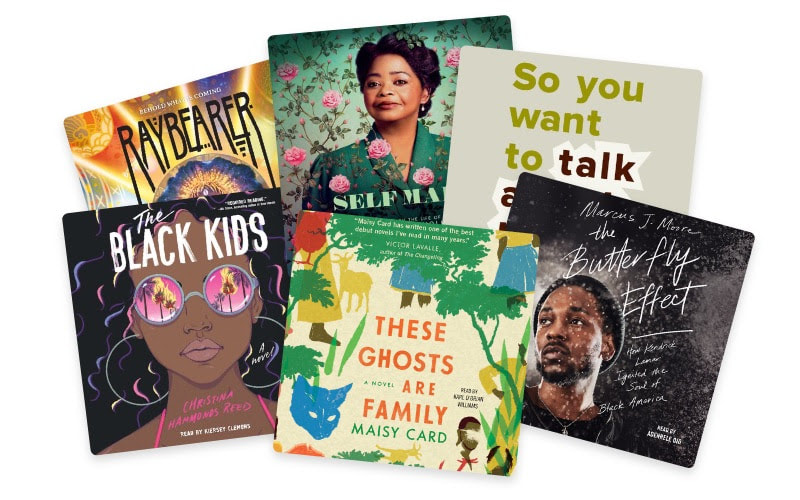




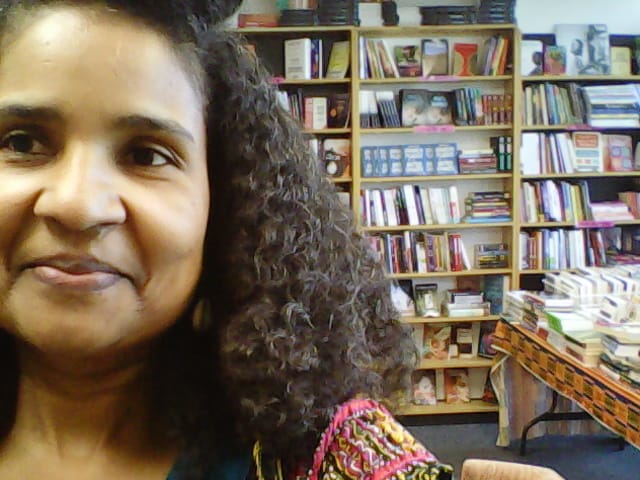
 RSS Feed
RSS Feed


